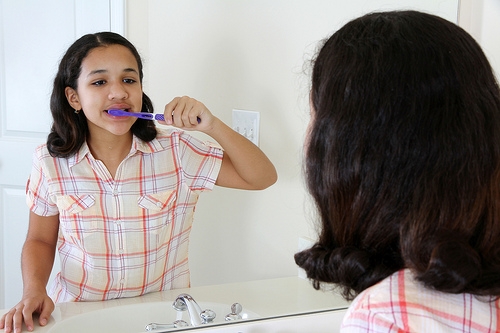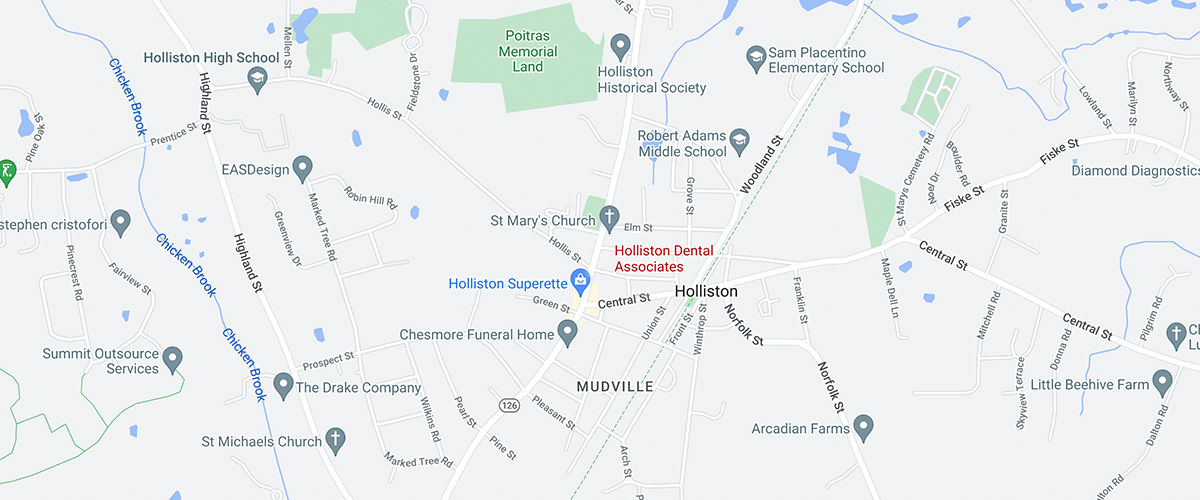It's a Wrap: Ending the year with a smile!
January 1st, 2025

People have been ushering in the New Year for centuries but it became an official holiday in 1582 when Pope George XIII declared January 1st to be the day on which everyone would celebrate the New Year. At midnight people would yell, holler, and blow horns to scare away the evil spirits of the previous year so the New Year would be joyous and filled with opportunity. Nearly 500 years later, we still greet the New Year by whooping and hollering, but in a celebratory manner instead. Whether you intend to ring in the New Year quietly at home in the Holliston, MA area or have plans to join the countdown at a gala extravaganza, these tips can help you ring out the old and usher in the new with a smile.
Tips for a Happy New Year's Eve Celebration from Holliston Dental Associates
- Be Safe. There's no way to predict the behavior of others on New Year's Eve, but you can be responsible for your own behavior to keep yourself safe. If adult beverages will be part of your celebration, plan on spending the night wherever you are or line up a designated driver to bring you home after the party is over.
- Enjoy Family and Friends. Spending time with the important people in your life is what makes the holidays enjoyable. Coordinate your schedules and choose New Year's Eve activities that everyone in the group will enjoy. You don't have to go to a party to ring in the New Year; some people like to go bowling, see a movie, or have a great meal at home.
- Accessorize with a Smile. Whether you dress up or have a quiet dinner with family and friends, one of the best accessories you can add to your attire is a beautiful smile.
New Year's Eve is a time to gather with friends and family, reflect on the year that's coming to an end, and look forward to the new one with anticipation. Enjoy this transitional holiday in a way that's safe, healthy, and fun. After all, counting down until the clock strikes 12 marks the beginning of a full year of opportunity ahead of you. From Dr. Edmond Massabni, have a great new year!.



